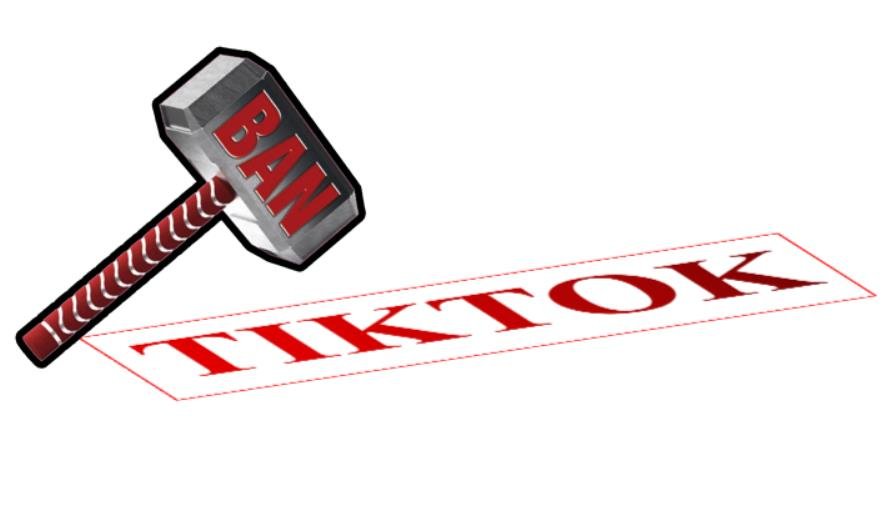North Carolina’s social media influencers are confronting a wave of uncertainty as the House of Representatives passes a bill that could potentially ban TikTok. The platform, which has become a lucrative source of income for many, is at risk of disappearing from U.S. app stores, leaving content creators anxious about their financial futures.
The bipartisan bill, expected to pass in the House, has sparked a heated debate over the balance between national security and free enterprise. Influencers argue that the ban would not only disrupt their businesses but also stifle the creative economy that TikTok has fostered.

The bill’s proponents cite national security concerns, pointing to the potential misuse of data by TikTok’s China-based parent company, ByteDance. However, the bill’s opponents fear the repercussions for the thousands of Americans who rely on the platform for their livelihoods.
Influencers’ Livelihoods at Stake
For many influencers, TikTok is more than just an app; it’s a platform that has enabled them to build careers, connect with audiences, and create communities. The potential ban threatens to upend the lives of these creators, many of whom have invested years into growing their presence on the app.
The financial implications are significant, with some influencers standing to lose not just revenue, but also the brand partnerships and sponsorships they’ve cultivated. The uncertainty has led many to consider alternative platforms, but the unique reach and engagement of TikTok remain unmatched.
A Community’s Call to Action
In response to the bill, influencers and TikTok users have rallied under the hashtag #KeepTikTok, urging lawmakers to consider the economic and cultural impact of a ban. The movement highlights the app’s role in shaping modern digital culture and the entrepreneurial spirit it has inspired.
As the bill moves to the Senate, the future of TikTok hangs in the balance, along with the financial stability of its most prominent creators. The outcome will not only affect the influencers but also signal the direction of social media regulation in the United States.
















